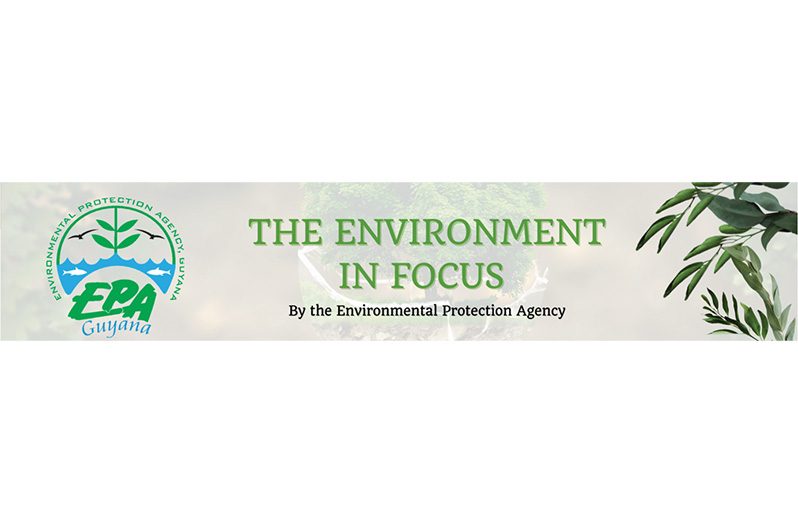• A Green Frontier for Guyana
TOURISM is one of the fastest-growing industries worldwide and a significant source of income for many countries. It provides employment, revitalises local economies, and connects people across cultures. Yet, like other forms of development, tourism can also bring problems, including social displacement, loss of cultural heritage, economic dependence, and environmental degradation. For Guyana, the way forward is through sustainable tourism, with eco-lodges leading the charge.
What is Sustainable Tourism?
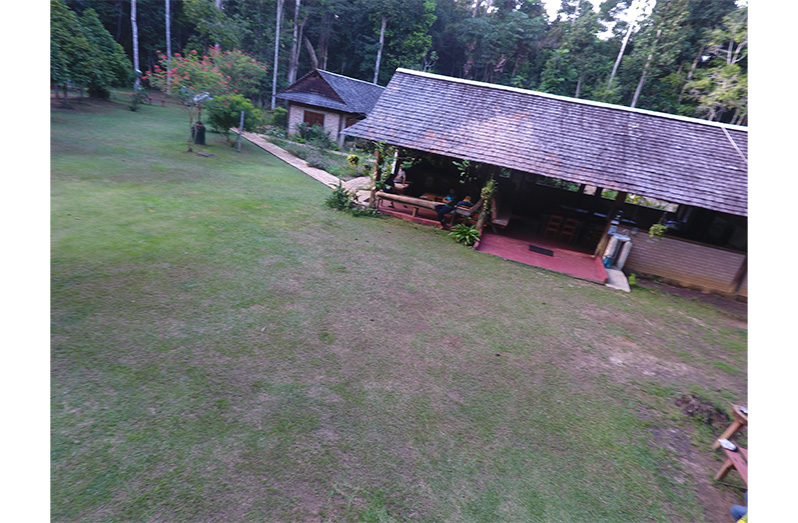
Sustainable tourism is defined as tourism that considers its current and future economic, social, and environmental impacts, while addressing the needs of visitors, the industry, the environment, and host communities. Put simply, it is about creating opportunities today while safeguarding resources for tomorrow.
Water and wildlife are at the heart of sustainable tourism, but they are often overlooked. If these resources are misused or overexploited, the very foundation of tourism collapses. For example, continuous hunting without allowing species to replenish could lead to extinction, while unmanaged water use risks leaving us without the clean water necessary for food, recreation, and tourism activities.
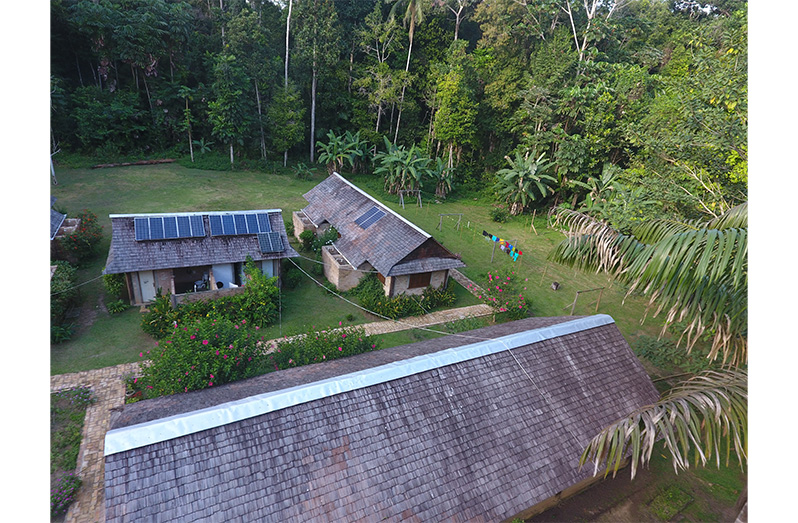
Guyana’s Commitment to Green Tourism
Guyana has already taken important steps in this direction. In January 2023, five eco-lodges — Atta Rainforest Lodge, Caiman House Ecolodge, Iwokrama River Lodge, Karanambu Ecolodge, and Rewa Eco-Lodge — were awarded the internationally recognised Good Travel Seal Green Destinations Certificate.
This endorsement, aligned with the Global Sustainable Tourism Council, reflects their commitment to responsible operations, including water conservation, wildlife protection, and sustainable management practices.
Tourism as an Economic and Cultural Asset
Tourism is also a key source of income. For many countries that rely heavily on it, revenues from tourists support jobs, local businesses, and foreign exchange earnings. In Guyana, tourism has the potential to support not only the economy but also community development, particularly when tourists pay to access protected sites and experience the country’s cultural heritage.
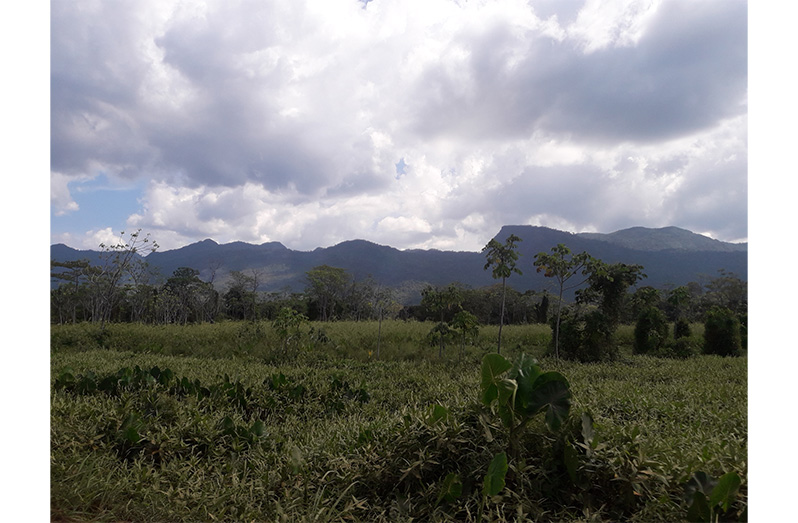
Yet, if natural resources are lost, so too is this revenue. Visitors travel to enjoy pristine rivers, abundant wildlife, and rich culture. No one wants to vacation in a place where rivers are polluted, habitats are depleted, or species are in decline. Maintaining the beauty and health of the environment is therefore essential for Guyana’s future in global tourism.
Equally important is cultural exchange. Sustainable tourism allows visitors to experience the traditions, stories, and lifestyles of host communities, while locals, in turn, learn about the cultures of their guests. This exchange fosters pride, strengthens cultural identity, and enriches both sides.
For Guyana’s Indigenous communities, ecotourism has become a way to share their traditions while generating income and protecting their ancestral lands.
Support from Institutions and Agencies
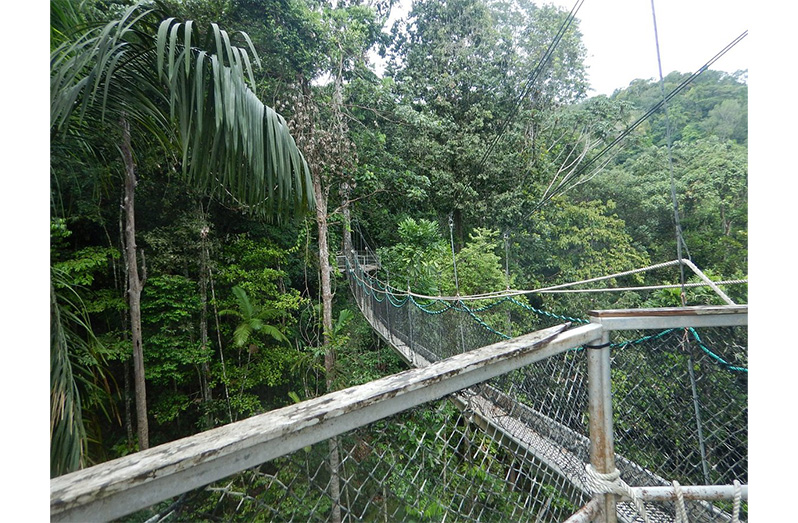
The Environmental Protection Agency, in collaboration with the Ministry of Tourism, Industry, and Commerce, and the Guyana Tourism Authority, continues to support Amerindian communities in establishing and maintaining eco-lodges.
Through training, licensing, and environmental authorisations under the Environmental Protection Act Cap 20:05, these communities are equipped to operate eco-lodges that meet both tourism and environmental standards. The GTA’s Tourism Handbook further guides them in responsible management, ensuring facilities operate in harmony with nature while providing authentic cultural experiences.
Principles of Ecotourism
Ecotourism is built on clear principles:
• Educating visitors about the importance of conservation
• Helping local communities understand the value of their heritage
• Encouraging environmental stewardship
• Generating revenue and jobs that give communities incentives to protect their environment
Importantly, ecotourism is not simply visiting a natural area; it is about contributing to the protection and long-term sustainability of that area.
EPA’s Role in Maintaining the Balance, Ensuring a Green Guyana
The EPA plays a vital role in ensuring this balance is maintained. Through its authorisation process, the Agency requires eco-lodges to demonstrate environmental compliance, reduce waste, and carefully manage natural resources.
Impact assessments ensure that tourism activities do not harm sensitive habitats, while collaboration with other agencies promotes best practices that protect biodiversity and support community health. In this way, eco-lodges serve as living models of how tourism can directly complement environmental policy and community development goals.
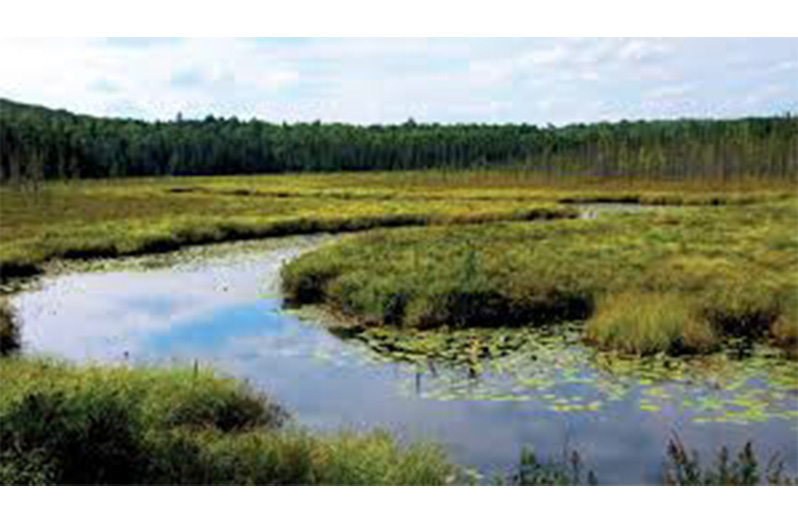
As global travellers increasingly seek sustainable and immersive experiences, Guyana is well-positioned to shine. Its eco-lodges not only provide unique adventures but also create opportunities for communities, preserve cultural heritage, and safeguard biodiversity.
With careful planning, monitoring, and support, ecotourism in Guyana holds promise for a future of shared prosperity, resilience, and pride. It represents a green frontier where protecting the environment and empowering people go hand in hand.





.jpg)


